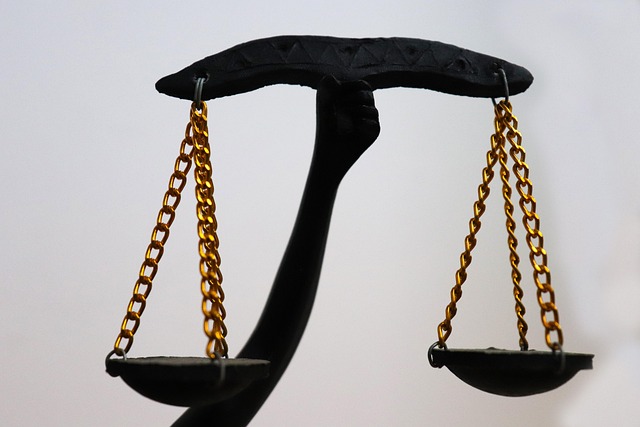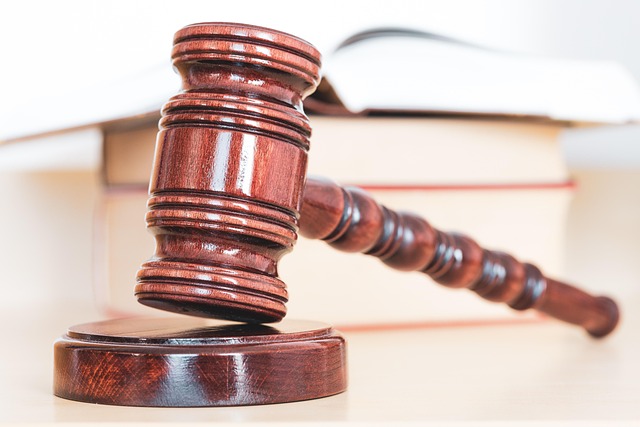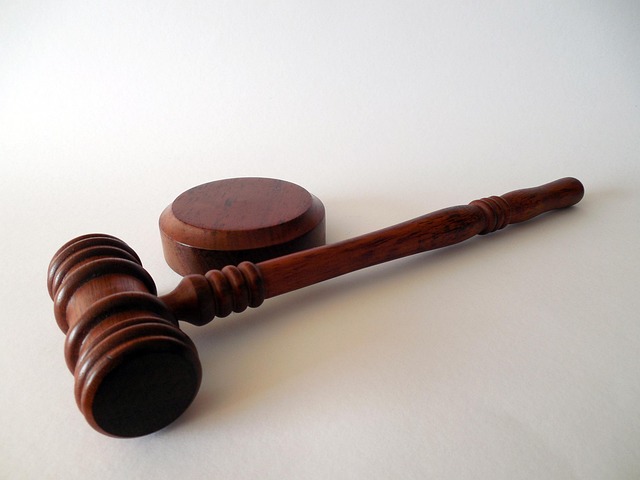In recent years, Financial Services Regulatory Law (FSRL) litigation has become a key driver in combating environmental crimes globally. The increasing interconnectedness of the world has highlighted the severe ecological and financial impacts of activities like logging and pollution, leading to heightened legal scrutiny. Litigation trends show a growing focus on accountability for individuals and corporations involved in environmental offenses, with strategies evolving to emphasize compliance programs and proactive measures. High-impact industries face increased scrutiny, and advanced data analytics are transforming trial processes. The dynamic interplay between FSRL and litigation trends is shaping legal interpretations, aiming to establish corporate accountability and promote sustainable practices, while addressing cross-border climate change concerns.
“Environmental Crime Trials: Unraveling Global Concerns and Legal Frontiers”
As environmental degradation becomes a pressing global issue, the fight against ecological crimes intensifies. This article explores the rising tide of environmental crime, focusing on its impact and the crucial role of financial services in driving litigation. We delve into the legal framework that underpins these trials, highlighting key trends shaping prosecution strategies. Through examining high-profile cases, we uncover the evolving landscape of environmental law, where financial institutions play a pivotal role in holding offenders accountable through regulatory law litigation, marking significant trends in this domain.”
- The Rise of Environmental Crime: A Global Concern
- Financial Services and Their Role in Environmental Litigation
- Uncovering the Legal Framework for Environmental Trials
- Key Trends Shaping Environmental Crime Prosecutions
- Case Studies: High-Profile Environmental Lawsuits
The Rise of Environmental Crime: A Global Concern

In recent years, environmental crime has emerged as a significant global concern, reflecting a growing awareness of the devastating impact human activities can have on our planet. As our world becomes increasingly interconnected, so too do the challenges posed by illegal logging, pollution, and other forms of ecological damage. These crimes not only pose severe threats to ecosystems and communities but also contribute to broader financial instability, as evidenced by the increasing number of Environmental Crime Trials. The rise of these trials is a testament to the evolving landscape of regulatory law, with financial services playing a crucial role in uncovering and prosecuting these previously underreported offenses.
Litigation trends indicate a growing emphasis on holding individuals and corporations accountable for their environmental actions. White-collar defense strategies have evolved to include mechanisms for avoiding indictment by focusing on corporate compliance programs and internal audits. However, as the legal framework around environmental crimes tightens, general criminal defense attorneys must be prepared to navigate complex regulatory environments to ensure their clients’ rights are protected. This dynamic underscores the need for proactive measures in preventing and mitigating these global issues, which have far-reaching economic implications.
Financial Services and Their Role in Environmental Litigation

Financial Services play a pivotal role in environmental Litigation, often serving as both enablers and targets. Regulatory Law, with its ever-evolving landscape, dictates how these institutions operate and their potential liability in mitigating or contributing to environmental harm. Understanding these dynamics is crucial for deciphering current Litigation Trends.
In recent years, there’s been a noticeable surge in cases where Financial Services entities are accused of enabling environmental crimes through lax regulations, inadequate risk management, or direct involvement. Achieving extraordinary results in these trials often hinges on the interpretation of regulatory obligations and their enforcement. The goal is not merely to avoid indictment but to ensure corporate accountability and foster responsible environmental stewardship within respective businesses.
Uncovering the Legal Framework for Environmental Trials

Uncovering the legal framework for environmental trials involves navigating a complex landscape shaped by Financial Services Regulatory Law and Litigation Trends. In recent years, there’s been a growing recognition of the need to hold perpetrators accountable for environmental crimes, which have far-reaching impacts on communities, ecosystems, and even economic stability. This shift is reflected in evolving regulatory frameworks across the country, designed to protect the environment and serve as deterrents against corporate and individual clients engaging in illicit activities.
Environmental crime litigation trends point towards increased scrutiny of industries known for high environmental impact, such as manufacturing, mining, and energy production. As a result, legal strategies are increasingly focusing on holding companies and individuals responsible through civil and criminal proceedings. This not only ensures justice for affected communities but also serves as a wake-up call to businesses, encouraging them to adopt more sustainable practices and comply with stringent environmental regulations. Furthermore, the involvement of philanthropic and political communities in promoting environmental litigation underscores the urgency and significance of these efforts in shaping a greener future.
Key Trends Shaping Environmental Crime Prosecutions

In recent years, Environmental Crime Trials have witnessed several key trends shaping their landscape, particularly in the context of Financial Services Regulatory Law Litigation. As environmental regulations become increasingly stringent, legal proceedings are focusing more on holding corporations and individuals accountable for ecological damage. One notable trend is the rise in cross-border cases, reflecting global concerns over climate change and the movement towards a uniform regulatory framework. This international dimension adds complexity but also strengthens the message that environmental crimes know no borders.
Moreover, advancements in data analytics and digital evidence collection have revolutionized how these trials are conducted. Prosecutors can now navigate through vast amounts of financial and logistical data to uncover illegal activities, making it easier to prove intent and quantify damages. This shift towards digital forensics underscores the importance of a robust general criminal defense strategy that is equipped to handle all stages of the investigative and enforcement process, ultimately achieving extraordinary results in environmental justice.
Case Studies: High-Profile Environmental Lawsuits

In recent years, high-profile environmental lawsuits have illuminated the growing trend of Financial Services Regulatory Law litigation, showcasing the severe consequences for businesses involved in white collar and economic crimes. These cases serve as powerful case studies, demonstrating both the increased scrutiny from regulatory bodies and the public’s growing awareness of environmental issues. One notable example involves a multinational corporation accused of illegally dumping hazardous waste, leading to substantial fines and damage to its reputation.
The outcome of these unprecedented track records in environmental litigation has far-reaching implications for various sectors. They set a precedent for holding companies accountable for their actions, not just individuals, and send a strong signal that environmental degradation will no longer be treated as a secondary concern. As a result, businesses are increasingly urged to prioritize sustainability and ethical practices, ensuring compliance with stringent environmental regulations.
Environmental crime, a growing global concern, demands increased scrutiny and robust legal action. As we’ve explored through this article’s various sections, financial services play a pivotal role in environmental litigation, while regulatory laws provide the framework for successful trials. Key trends shaping these prosecutions indicate a shift towards more transparent and accountable practices. High-profile case studies highlight the impact of environmental lawsuits, setting precedents for future actions against polluters. By understanding these dynamics, we can foster a more sustainable and just society through effective Environmental Crime Trials.






